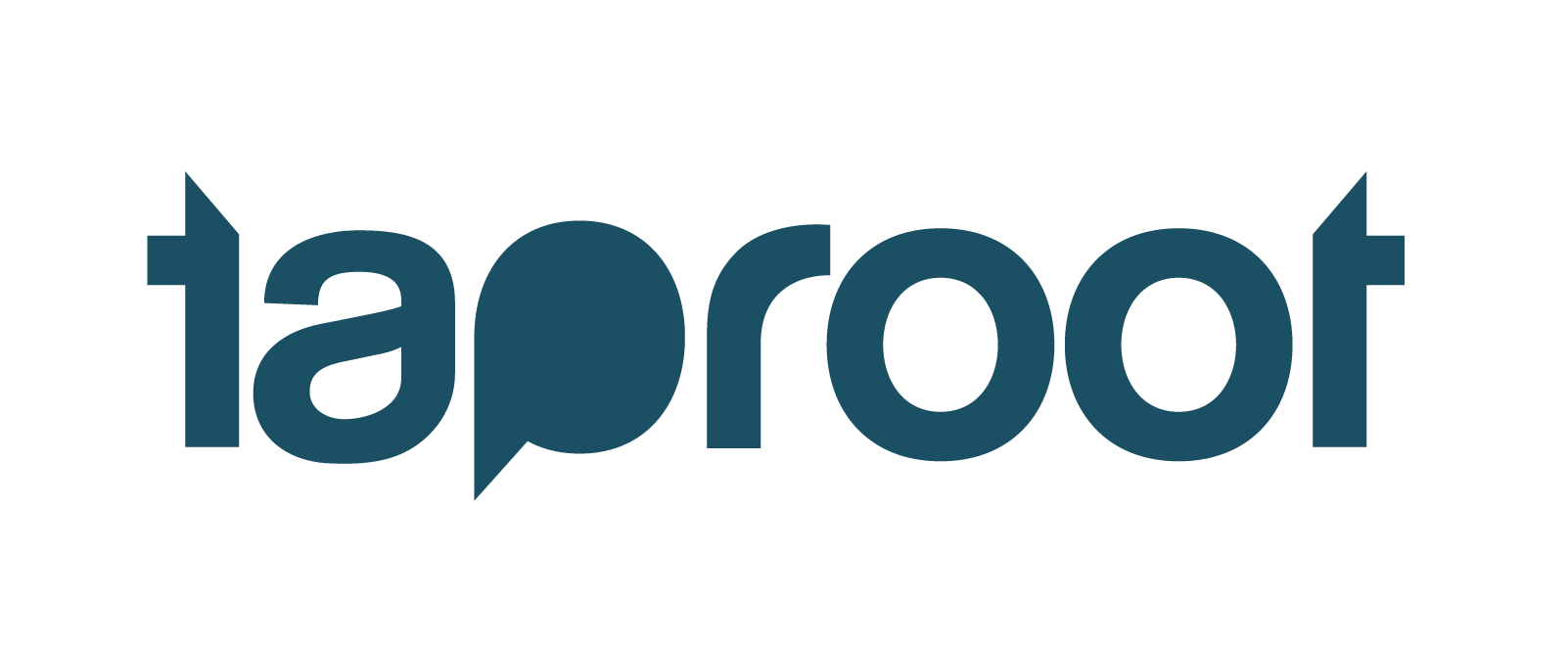Pro Bono Week: A Time for Skills to Shine

What’s so special about pro bono?
According to Taproot, the leading national advocate for pro bono service, pro bono has been a quiet partner in many of the key social movements in our nation’s last 75 years. Taproot should know; the organization has long been an instrumental player in the pro bono movement. Through award-winning programs, groundbreaking thought leadership and partnerships with companies to develop and scale corporate pro bono programs, Taproot works to engage the nation’s millions of business professionals in applying not just their time, but their skills, in the service of the nation’s nonprofit community.
As a part of its advocacy, Taproot is now the champion of Pro Bono Week, a global celebration of the pro bono ethic across all professions that use their talents to make a difference. Inspired by the American Bar Assocation’s National Celebration of Pro Bono, Taproot works with partners around the world to focus attention on the pro bono movement each year during the third week of October.
As companies are looking to engage employees in how their business gives back, they’re tapping into the skills and resources that are the core of the company. Businesses have been paying a lot of attention lately to crafting employee engagement programs that reflect what employees care about and that can be seen as an employee benefit. As a part of these programs, skills-based volunteering has become a central initiative for many companies, one which delivers high impact to employee and nonprofit alike.
Effective pro-bono initiatives feel authentic, springing naturally from an alignment between employee interests, community needs and corporate philanthropy programs. When all of the pieces are in place, skills-based volunteering programs yield tremendous benefits. Employees gain leadership training, job skill development and internal networking beyond the highly valued community service experience.
That’s why companies are increasingly embracing pro bono service as a cornerstone of their volunteering programs; it makes bottom-line sense for everyone involved. According to a True Impact study on pro bono service, skills-based volunteers are 142% more likely to report job-related skills-gains than traditional volunteers, 47% more likely to report high satisfaction from volunteering than traditional volunteers, and 82% more likely to report that volunteerism generated new recruits for their company versus traditional volunteers. And from the nonprofit point of view, pro bono and volunteering of skills and talents can be as much as 500% more valuable for nonprofits.
Several years ago, Taproot was an active participant in working with the White House to launch A Billion + Change, a national campaign to mobilize billions of dollars of pro-bono and skills-based volunteering to address core issues our communities face across the country and around the world. The vision of A Billion + Change is to transform business culture so that all companies in America will respond to the needs of their community and unleash the talent and expertise of their people in pro bono and skills-based service.
Today, over two hundred companies and over $2 billion in corporate pro bono resources have been pledged to the Billion + Change campaign. To further advance the marketplace, Taproot has partnered with the Committee Encouraging Corporate Philanthropy (CECP) to create industry standards and benchmarking for pro bono service. Thirty percent of companies now report that they offer pro bono opportunities to employees.
“The inspiration for Taproot came from starting my career in the nonprofit sector,” founder Aaron Hurst told me in a 2012 interview. “I saw the barriers that nonprofits face and wanted to scale the impact they’re reaching for in society. I realized that yes, money’s an issue, but a huge part of the problem is the lack of access to talent, the functional talent that is really needed to scale an organization. And so Taproot came out of that entrepreneurial “ah ha!” moment, from seeing that we could create a parallel philanthropic marketplace, a consulting marketplace of talent.”
Hurst advises companies considering pro bono service to give thought to the impact they want to have on their communities. “Think about the things that your company can uniquely provide to address that issue,” Hurst notes. “I think if you come out from that point of view, you’ll end up in the right place. At the end of the day, more employees care about the impact of your company than they care about the opportunity for them to be involved, and you need to really think about 10 years from now; what impact do you want to say you had, and how are you uniquely able to do that?”
Taproot and other pro bono advocates hope to establish pro bono volunteering as “the new normal” in workplaces everywhere. Pro Bono Week is a great time for your organization to dive in or dig in deeper to this mutually beneficial form of giving back.
Find out how your company can get involved with Pro Bono Week

